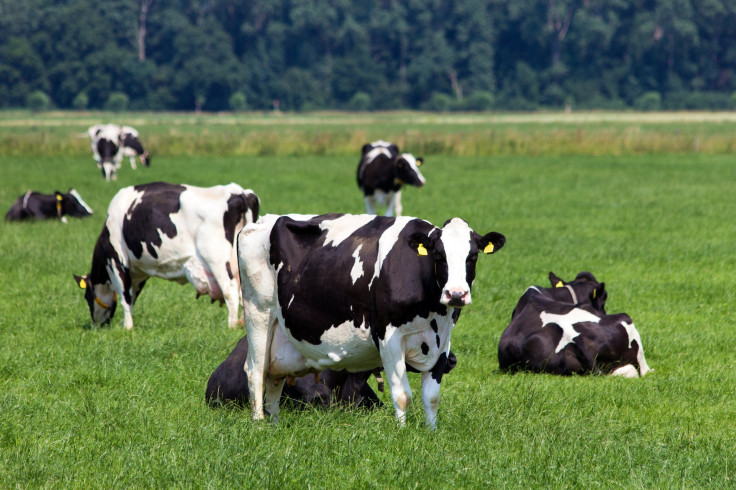Concerned Over Mad Cow Disease, Missouri Slaughterhouse Recalls Over 4,000 Pounds Of Beef

A Missouri slaughterhouse has recalled over 4,000 pounds of fresh beef over the possibility of the meat being contaminated with “mad cow disease,” a deadly and degenerative brain disorder that first originated in cows.
According to the U.S. Department of Agriculture, the recalled meat included bone-in ribeye roasts and quartered carcasses that were produced in Jackson, Missouri at Fruitland American Meat and traveled to restaurants in New York City and Kansas City, Missouri. They were also distributed to a Whole Foods center in Connecticut.
The Food Safety and Inspection Services (FSIS) found that during production, the dorsal root ganglia tissue had not been removed from cattle that were older than 30 months old, which is a violation of federal regulations. The particular tissue is considered a risk as it may contain the protein causing mad cow disease.
Contrary to popular belief, mad cow disease — also referred to as bovine spongiform encephalopathy in cows – is not caused by a bacterium or virus. It’s the result of an unusual protein known as a “prion,” which eats holes in a cow’s nervous tissue. When humans eat beef that contain this protein, they can develop a degenerative brain disorder known as variant Creutzfeldt-Jakob disease (vCJD). The disease was discovered about 2 decades ago, and so far there have been 220 recorded cases of vCJD worldwide since 1996. Most of these cases were in France and the U.K. Four cows in the U.S. have been diagnosed with bovine spongiform encephalopathy since 2003, according to the Centers for Disease Control and Prevention (CDC).
Published by Medicaldaily.com



























